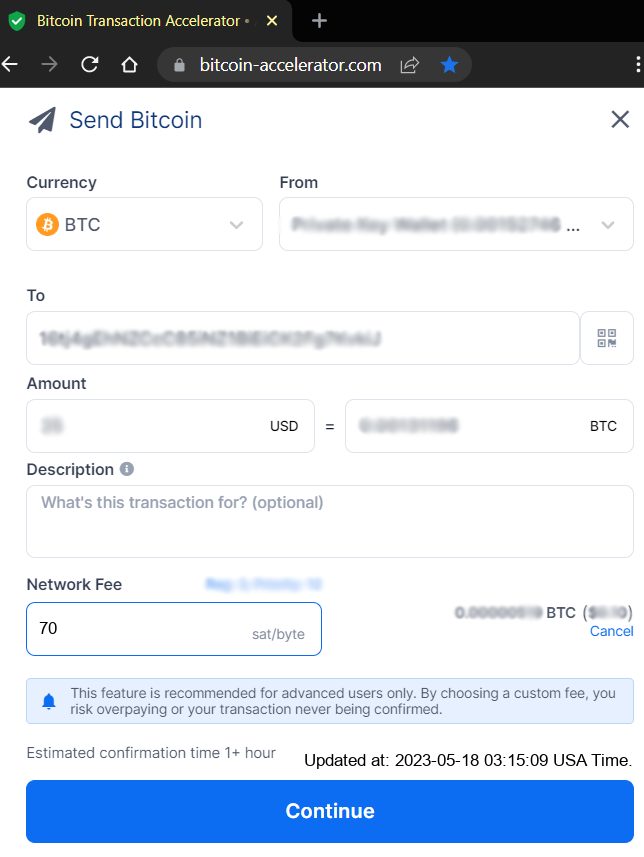What is Bitcoin Transaction fees?
Bitcoin transaction fees are an essential component of the blockchain network. When Satoshi Nakamoto created the Bitcoin blockchain, he implemented transaction fees in order to prevent spam transactions that could slow down and clog the network. Transaction fees incentivize miners to validate transactions and subsidize the diminishing block subsidy, helping support network security by keeping miners profitable.Most exchanges and brokerages charge fees for buying and selling bitcoin. However, the fees charged by exchanges are entirely separate from the fees required to process a transaction on the Bitcoin network.
In 2010, a .01 BTC minimum transaction fee was implemented by a source code rule. This rule was later removed as transaction volume increased. Bitcoin transaction fees have risen in dollar amount and fallen in BTC amount as the price of bitcoin has increased.
Mathematically, transaction fees are the difference between the amount of bitcoin sent and the amount received. Conceptually, transaction fees are a reflection of the speed with which a user wants their transaction validated on the blockchain. When a miner validates a new block in the blockchain, they also validate all of the transactions within the block.
Once a miner has validated a new block, they receive the transaction fees and block subsidy associated with that block. The sum of the transaction fees and block subsidy is the block reward.
With each Bitcoin halving, the hashrate falls. A falling hashrate simultaneously increases the cost of mining new blocks while decreasing the block rewards. Validating new blocks takes significant computing power and energy, so rising transaction fees incentivize miners to continue validating new blocks. Keeping miners in the market is essential to maintaining network security, and transaction fees play a significant role.
